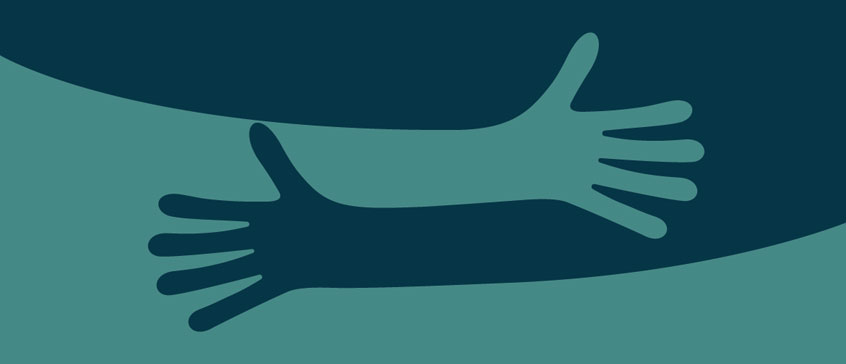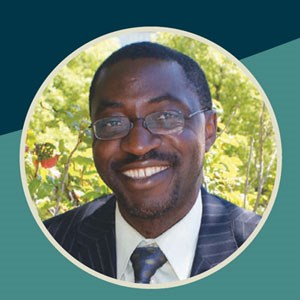Home / Museums, Heritage and Indigenous Culture / Social change depends on Ubuntu
Social change depends on Ubuntu

By Moussa Magassa, Instructor, Intercultural Studies and Practice
You may have guessed already from my name that I am a "hyphenated-Canadian", meaning someone who has immigrated to Canada. Yes, I was born in the warm and colourful continent of Africa.
From an early age, growing up in Senegal, I realized that change is the only permanent process that weaves our humanity together. The African concept of Ubuntu speaks loudly about our common humanity. Ubuntu is about being a person and that our humanity is dependent on other peoples' humanity, that we have a constant responsibility as human beings towards other beings (other people and other living beings). For me, I also define myself as the kind of person who believes in the crucial importance of relationships. Our realities with every being are interconnected and our lives can't evolve outside of each other. Peace, social justice, human rights, intercultural acceptance, dialogue and engagement are what I have come to realize as the only sustainable alternatives for common survival on this Earth and other places.
As an instructor in the Intercultural Studies and Practice (ISP) program for the past 12 years, I have been a part of a great journey as a learner and as an instructor. ISP is indeed a program where learners develop practical skills on how to engage in critical and meaningful social change reflection and practice, as well as social justice and human rights advocacy, and intercultural acceptance, dialogue and engagement projects.
I have taught and supervised students' practicums on projects related to most of the courses that I teach, including:
- Beyond Human Rights and Diversity: Creating Spaces for Social Change
- Immigration and Refugee Studies
- Settlement, Integration and Belonging in Canada
- Diversity in the Multicultural Society: Creating Inclusive and Welcoming Workplaces, Organizations and Institutions
The learning with, and from, students has been the best gift I have ever received—it has empowered me to become 'the change I want to see in the world'. Learning about intercultural communication, social justice and human rights, and applying these skills through their practicum projects has been the highlight of many of these students' lives.

Dr. Moussa Magassa
Moussa is the human rights educator at UVic, as well as an associate faculty in the Social Justice program and an instructor in the ISP program. He developed and now teaches Intercultural Communication in the Workplace for the Business Communication micro-credential program—the course was launched in May 2021 as the first non-credit ISP course.
Moussa also works as an online instructor at the UBC Intercultural Communication Centre and as an associate faculty in the MA in Global Leadership program at Royal Roads University. He holds a PhD in curriculum and instruction, with specialization in critical race theory, anti-racism education, Islamophobia, human rights, equity, diversity and inclusion. Moussa also has an MA in human security and peacebuilding, a BA (Hons) in conflict resolution and peace studies, and certificates in conflict mediation, intercultural competence development, refugees and forced migration, and international human rights law and humanitarian law from UNITAR.
He was born in Senegal and speaks several languages in addition to English and French.
- Posted August 15, 2022
RELATED TOPICS: Equity, Diversity and Inclusion
Visit Registration
2nd Floor | Continuing Studies Building University of Victoria Campus 3800 Finnerty Road | Victoria BC | CanadaTel 250-472-4747 | Email uvcsreg@uvic.ca
2026 © Continuing Studies at UVic
Legal Notices |
Sitemap

